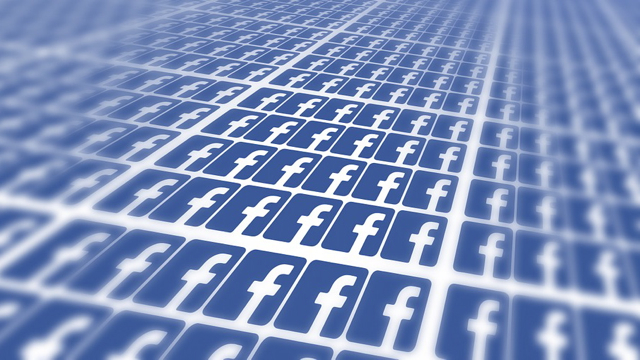Facebook will end Explore, an experiment launched last fall in six countries that separated posts from news sites and publishers from other content. Publishers in Bolivia, Cambodia, Guatemala, Serbia, Slovakia, and Sri Lanka said they were blindsided by the experiment, and that it led to a surprising amount of misinformation or fake news. The test put a “digital divide” between family/friends and brands and news sources. Facebook admits they should have communicated the experiment better to publishers.
The New York Times reports that, “after Facebook released Explore in the six countries, it was quickly criticized by independent news sites and nongovernmental organizations,” which warned the program “made it harder for trusted sources of information to reach local populations.”
The Phnom Penh Post in Cambodia, for example, said that traffic from Facebook fell dramatically, even though, during political uprising, “Facebook had emerged as an important, more independent channel for information.” In Bolivia, Los Tiempos web editor Fabiola Chambi reported that, “Explore had reduced traffic to the site by 30 to 60 percent.”
Facebook News Feed head Adam Mosseri admitted that, “in surveys, people told us they were less satisfied with the posts they were seeing, and having two separate feeds didn’t actually help them connect more with friends and family.” “We also received feedback that we made it harder for people in the test countries to access important information, and that we didn’t communicate the test clearly,” he added.
Recode reports that Mosseri also revealed the test was “costly” and that “Facebook wanted to run it once before deciding ‘definitively once and for all’ whether it worked or not.”
“We should have been more transparent and up front about [the test] ahead of it,” said Facebook head of news partnerships Campbell Brown. “[Publishers] totally freaked out, rightly so, because they didn’t understand what we were doing or trying to get at.”
Facebook “routinely makes changes to its News Feed,” points out Recode, which notes that its most recent change is similar to the Explore experiment, intended “to show people more stuff from their friends and family, and less from brands and publishers.”
Elsewhere, Recode reports that, “Facebook’s U.S. audience is as big as it’s going to get,” with 68 percent of Americans already using the service, according to Pew Research Center. That number hasn’t increased in two years; “Facebook reported its first quarter-over-quarter decline in daily users in the U.S. and Canada at the end of 2017.”
Although Facebook chief financial officer Dave Wehner disagrees, the Pew Research data reveals that, “Facebook growth in the U.S. has officially stalled.”
Related:
Tone-Deaf: How Facebook Misread America’s Mood on Russia, The Wall Street Journal, 3/2/18
Facebook Doesn’t Know How Many People Followed Russians on Instagram, Wired, 3/2/18


No Comments Yet
You can be the first to comment!
Sorry, comments for this entry are closed at this time.